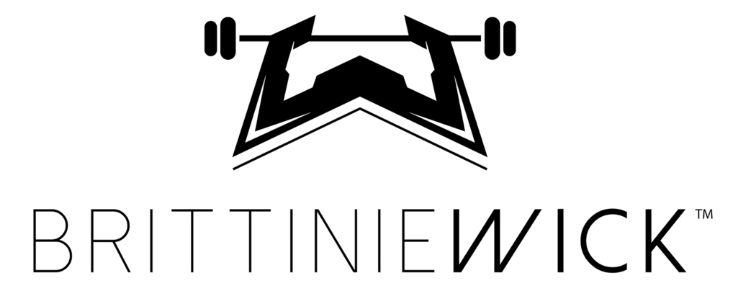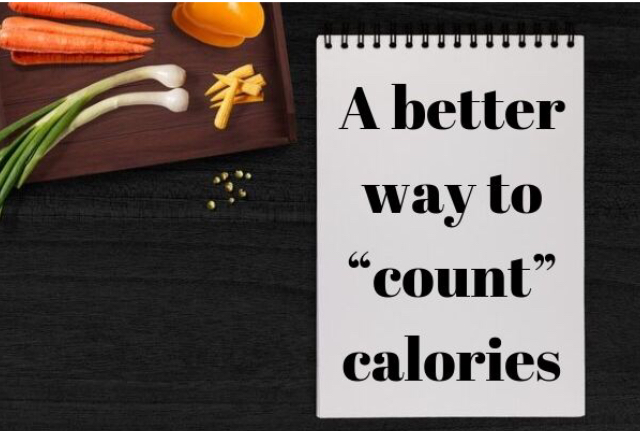Numbers on food labels may seem scientific, but they are really just approximations.
There are a number of factors that can significantly limit the accuracy of the information that we find on labels.
? Most foods are not directly measured in a lab – there are thousands of foods on your grocery store shelves, they don’t all get measured for accurate calorie count in a lab.
? Different batches vary in nutrients – a single test at a single point in time can’t accurately describe all batches.
? Soil and growing conditions can affect plant nutrients.
? Fresh produce picked in season will have different nutrients than unripe or out-of-season produce.
? Nutrients found in animals, milk, and eggs vary depending on what the animal ate.
? Some data may just be outdated or inaccurate.
Despite your best efforts to count calories, you may be off by up to 25%.
This makes using calorie counting as a way to manage your diet and weight a difficult, time-consuming, and pretty inaccurate process.
So, what is a better way?
Understanding how calories and food work in your body is important. But paying more attention to how food makes you feel and tuning into your hunger cues may be a better, more sustainable approach.
If you are tired of counting calories and weighing food, I encourage you to do my 12 Week Sustainable Nutrition Coaching! If you have any questions, regarding the course, feel free to message me!




Leave a Comment